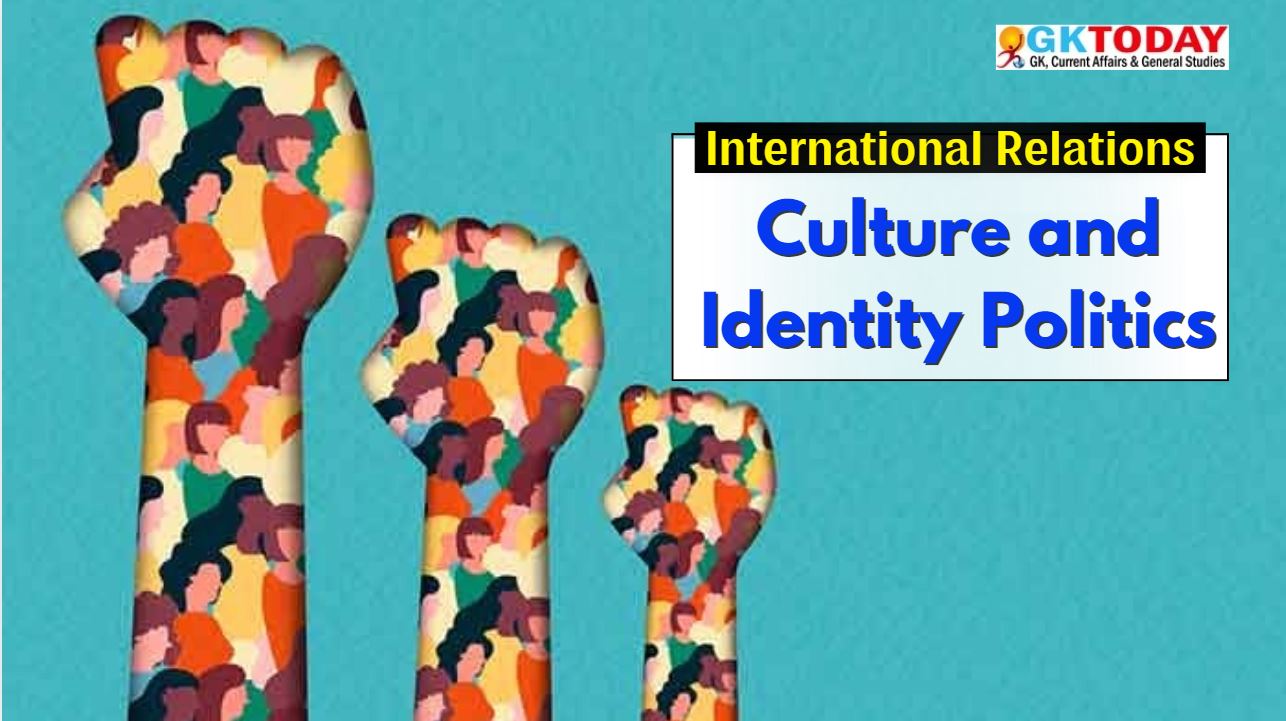UGC-NTA NET Political Science – Culture and Identity Politics
Culture and identity politics play role in shaping contemporary political landscapes. This area of study explores how shared beliefs, values, and social identities influence political behaviour and policy-making.
Definition of Key Concepts
Culture
Culture encompasses the shared beliefs, values, norms, and practices of a group. It shapes individual identities and influences social interactions. Examples of cultural elements include language, religion, traditions, and art.
Identity Politics
Identity politics refers to political positions and movements based on the interests and perspectives of social groups. These groups may be defined by race, ethnicity, gender, sexuality, or other characteristics. Identity politics seeks to address the specific needs and rights of these groups.
Historical Context
Emergence
Identity politics emerged in the late 20th century, particularly during the 1960s and 1970s. This period saw the rise of various social movements advocating for civil rights, gender equality, and LGBTQ+ rights.
Influences
The civil rights movements in the United States, feminist movements, and post-colonial struggles influenced identity politics. Indigenous movements also gained prominence, denoting the importance of cultural recognition and rights.
Key Theories
Constructivism
Constructivism posits that identity is socially constructed. It suggests that identities can evolve over time based on societal changes and interactions.
Essentialism
Essentialism views identity as fixed and inherent. This perspective often leads to stereotypes, as it assumes that individuals belong to rigid categories based on their identity.
Intersectionality
Intersectionality examines how various social identities intersect to shape experiences of oppression and privilege. It marks the complexity of identity and the need for nuanced analyses.
Major Themes
Nationalism
Identity politics is often linked to nationalism. National identity can lead to exclusionary practices, where certain groups are marginalised based on their identity.
Multiculturalism
Multiculturalism promotes the recognition and celebration of diverse cultural identities within a society. It encourages inclusivity and understanding among different groups.
Social Movements
Grassroots movements advocate for the rights of specific identity groups. Examples include Black Lives Matter, which addresses systemic racism, and LGBTQ+ rights movements that fight for equality.
Globalization
Global interconnectedness impacts local identities and cultural practices. Globalisation can lead to the blending of cultures but may also threaten local traditions.
Case Studies
United States
In the United States, identity politics influences elections. The Democratic Party’s focus on minority rights has reshaped political dynamics, particularly in urban areas.
India
In India, caste politics plays important role in electoral politics. The caste system’s historical significance continues to influence social dynamics and political affiliations.
Europe
Europe has witnessed a rise in populism, often linked to national identity and immigration. Populist movements exploit identity politics to galvanise support among disaffected citizens.
Contemporary Issues
Polarization
Increasing political polarization based on identity lines is a pressing concern. Divisions can hinder constructive dialogue and compromise.
Backlash against Identity Politics
Critics argue that identity politics can lead to division rather than unity. Some believe it encourages an us versus them mentality.
Representation
Ongoing struggles for representation of marginalised groups persist in political institutions. Many advocates push for policies that ensure diverse voices are heard.
Cultural Appropriation
Cultural appropriation raises debates
Impact on International Relations
Conflict
Identity-based conflicts, such as ethnic tensions in the Balkans and Rwanda, illustrate how cultural identities can lead to violence and instability.
Diplomacy
Cultural identity influences diplomatic relations. Nations often navigate sensitive cultural issues in international cooperation and negotiations.
Human Rights
Advocacy for the rights of specific identity groups has gained global attention. International organisations increasingly prioritise human rights based on identity.
Key Figures and Movements
Angela Davis
Angela Davis is an influential activist and scholar. Her work focuses on the intersections of race, gender, and class, advocating for social justice.
Judith Butler
Judith Butler is a prominent theorist known for her contributions to gender identity and performativity. Her ideas challenge traditional notions of gender.
Black Lives Matter
The Black Lives Matter movement addresses systemic racism and police violence. It has mobilised millions globally, advocating for justice and equality.
Critiques of Identity Politics
Fragmentation
Critics argue that identity politics can lead to fragmentation of social movements. This fragmentation may weaken collective efforts for broader social change.
Essentialism
Essentialism is critiqued for reinforcing stereotypes and limiting individual agency. It risks oversimplifying complex identities.
Neglect of Class
Some argue that a focus on identity can overshadow economic issues. Class struggles may be neglected in favour of identity-based narratives.
Future Directions
Evolving Identities
Technology and social media are reshaping identity formation. Online platforms allow for new forms of expression and community building.
Global Movements
Identity-based movements are increasingly interconnected across borders. Globalisation facilitates collaboration among activists worldwide.
Policy Implications
There is a need for inclusive policies that address the complexities of identity in governance. Policymakers must consider diverse perspectives to encourage social cohesion.


